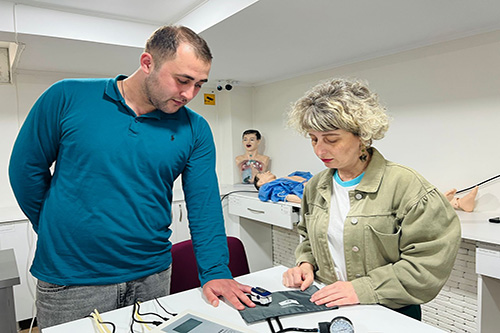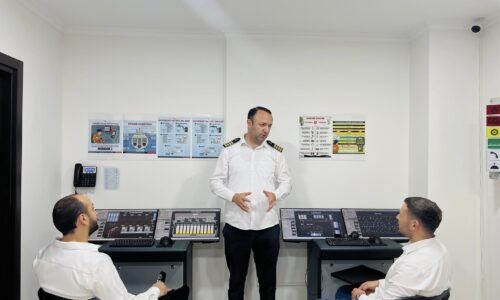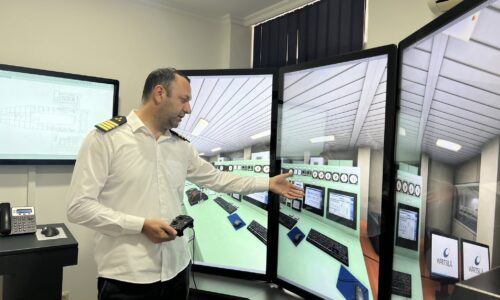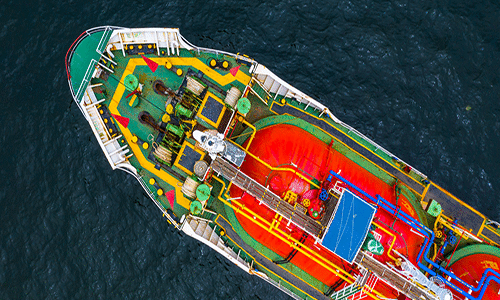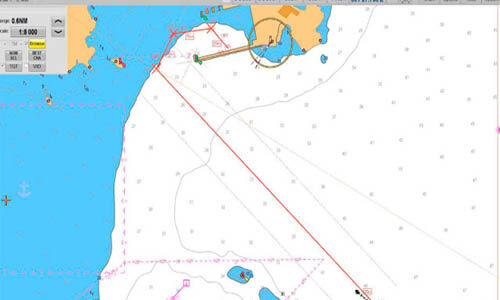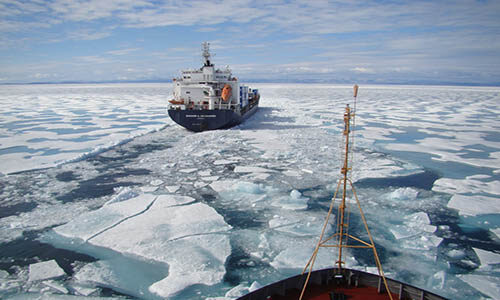Training Program covers the requirements of the STCW Convention.
Passing the Theoretical part of the training program, trainee must:
- Know how to care about injured person:
- In case of head or spinal injury;
- In case of ear, nose, throat or eye injury;
- In case of internal and external bleeding;
- In case of burns, scalds or frostbites;
- In case of broken bones dislocations or muscular injuries
- Know how to care of wounds, heal wounds and threat infections;
- Know about methods for relieving pain and how to use it;
- Know the methods used in suturing and immobilization of injured body parts;
- Know methods for treating acute abdominal diseases;
- Know methods of minimal surgery treatment;
- Know methods of bandaging and dressing;
- Know basic principles of care about victims and injured persons;
- Know how to treat diseases, including:
− medical problems and injuries acquired in emergency situations;
− sexually transmitted diseases;
− tropical and infectious diseases. - Know the consequences of alcohol and drugs and their treatment;
- Know the basics of dentistry;
- Know the basics of gynaecology, pregnancy and pregnancy care;
- Know how to care about persons rescue from water;
- Know what to do in case of death at sea;
- Knowledge of the vessel’s microclimate, sanitation and hygiene issues;
- Know disease prevention measures, including:
− Disinfection, disinfection and deratisation, vaccination - Know about medical records of the ship, guidelines for international and national medical regulation documents;
- Know about external assistance, including:
− medical radio advice;
− transportation of injured persons, helicopter evacuation;
− care of injured or sick persons, including shore medical specialist assistance
Passing the Practical part of the training program, trainee must:
- Identify symptoms based on the concept of clinical examination and history of illness;
- Take measures to limit the spread of infections and diseases;
- Treat injuries and diseases. Injuries and diseases prevention should be in accordance with generally accepted medical practice and relevant national and international medical guidelines;
- Use medicines and medical equipment in accordance with the manufacturer’s recommendations and accepted medical practice;
- Detect significant changes in the patient’s condition;
- Perform clinical medical examination procedures;
- Perform evacuation and measures to improve the patient’s condition;
- Take procedures for receiving medical radio advice.
In order to enter into the presented training program, trainee must represent:
- Certificate of Competency, Education Certificate or Certificate of Proficiency;
- Seamen’s book or Civil passport or ID;
- Medical Certificate or medical certificate form 100 (for coastal water area seafarers’);
- Confirming Certificate of Medical First Aid
| Duration | 45.5 hours |
| language | English |
| Students | 1-6 |
| Quizzes | 32 |
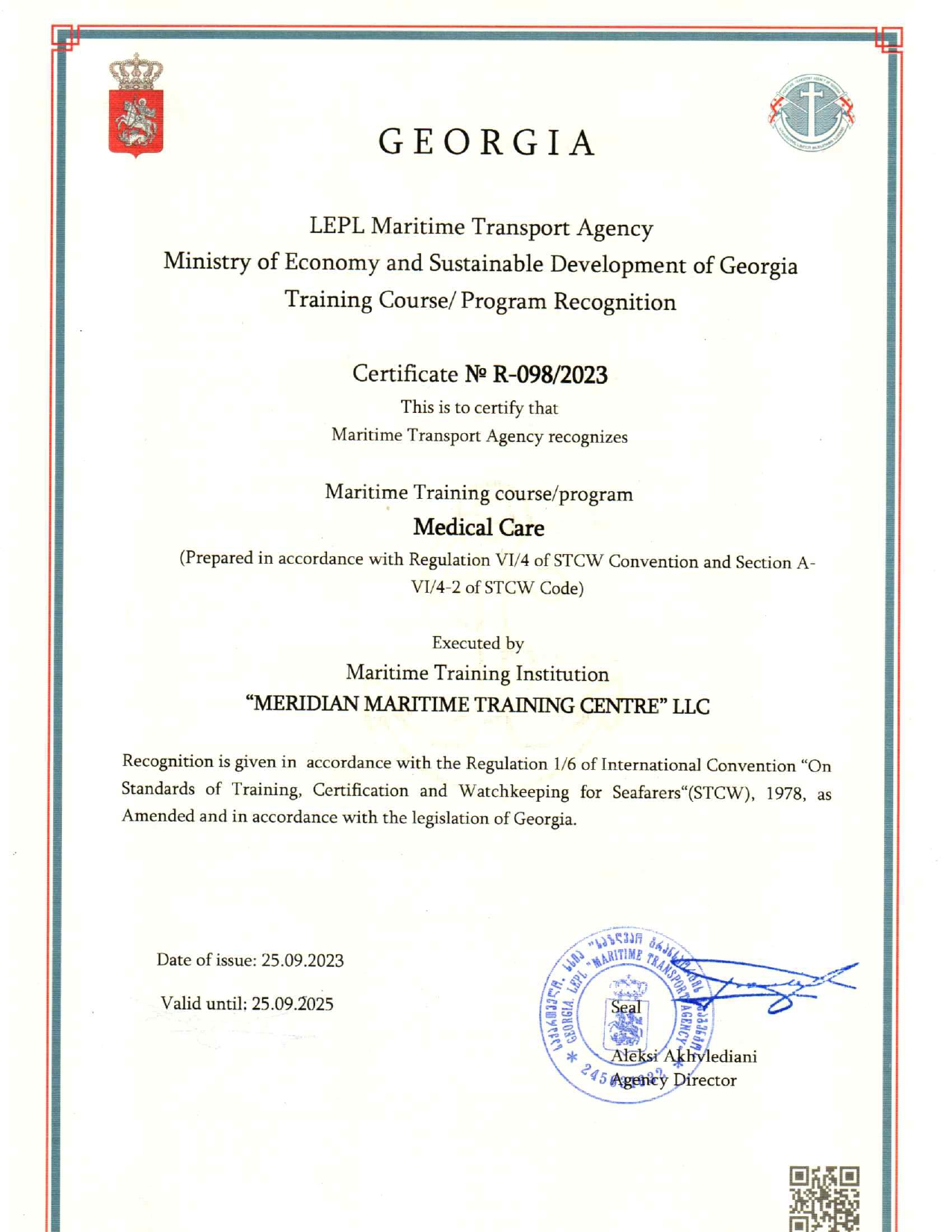
Course Features
- Lecture 0
- Quiz 0
- Duration 10 weeks
- Skill level All levels
- Students 7
- Assessments Yes


